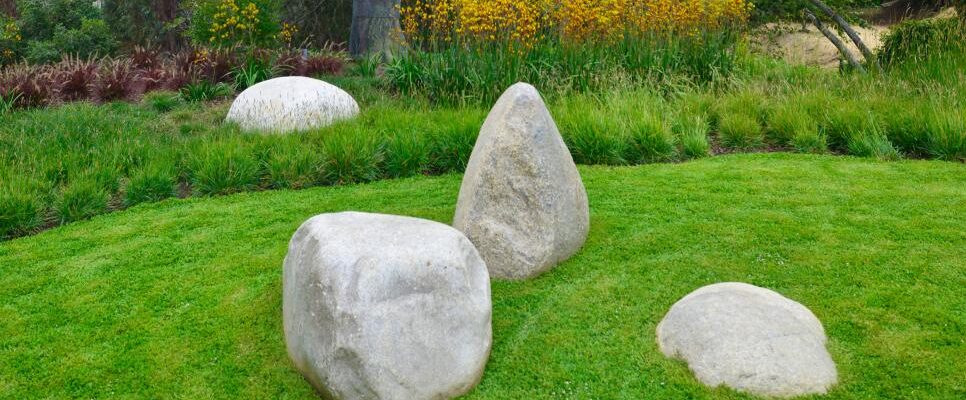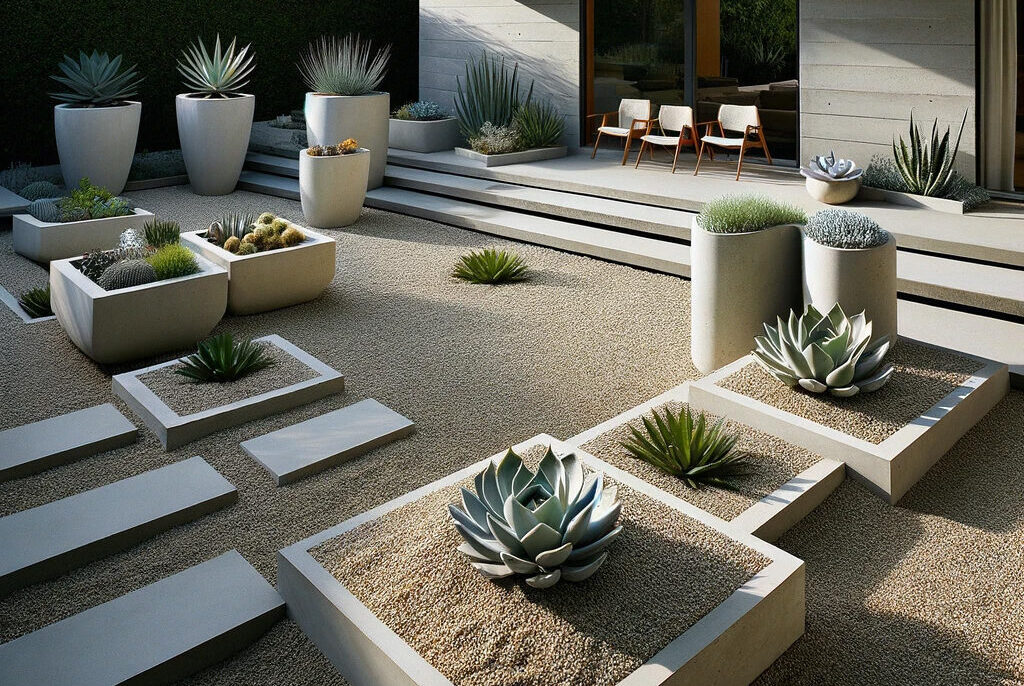Drought-tolerant Grass Varieties and Water Conservation Solutions in DFW
In the arid climate of the DFW area, maintaining a lush and green landscape can be a challenge. Water scarcity is a significant concern, and homeowners and landscapers need to find sustainable water conservation solutions to conserve water while still enjoying a beautiful and thriving lawn. This article will explore the benefits of drought-tolerant grass varieties and provide practical water conservation solutions that can be implemented in the DFW region.
The Importance of Water Conservation Solutions in DFW
DFW area residents are well aware of the challenges posed by water scarcity. As the population continues to grow, the demand for water increases, putting a strain on local resources. Conserving water is not only an environmental responsibility but also essential for the long-term sustainability of the region. Implementing effective water conservation solutions is crucial for addressing these challenges.
Understanding Drought-Tolerant Grass Varieties
Drought-tolerant grass varieties are specially bred to withstand periods of limited water availability, making them essential water conservation solutions. These grasses have deep roots that allow them to access water stored deeper in the soil, making them more resilient during dry spells. They require less watering and can maintain their color and health even in drought conditions, making them integral components of effective water conservation solutions.
Choosing the Right Drought-Tolerant Grass for the DFW Area
Different grass varieties thrive in different climates and soil conditions, offering diverse water conservation solutions. When selecting a drought-tolerant grass for your DFW lawn, consider factors such as local climate, soil type, and sun exposure. Some popular drought-tolerant grass varieties for the DFW area, serving as effective water conservation solutions, include Bermuda grass, Zoysia grass, and Buffalo grass.
Watering Techniques to Conserve Water
To conserve water while maintaining a healthy lawn, it is crucial to adopt smart water conservation solutions and watering techniques. Watering deeply and infrequently encourages the grass’s root system to grow deeper, making it more resilient to drought. Avoid watering during the hottest hours of the day to minimize evaporation, and consider using a rain gauge or smart sprinkler system to adjust watering schedules based on actual rainfall, thus implementing effective water conservation solutions.
Smart Irrigation Systems for Efficient Water Usage
Investing in a smart irrigation system can significantly improve water efficiency in your lawn, offering effective water conservation solutions. These systems use weather data and soil moisture sensors to determine when and how much water to apply. By avoiding overwatering and tailoring irrigation to the specific needs of your grass, you can reduce water waste and promote healthy growth, thus implementing water conservation solutions for your lawn.
Soil Amendments and Fertilizers for Drought-Tolerant Lawns
Improving the quality of your soil can enhance its water retention capacity and support the growth of drought-tolerant grass. Consider incorporating organic matter, such as compost, into the soil to increase its water-holding capacity. Additionally, using fertilizers specifically formulated for drought-tolerant lawns can enhance their resilience and overall health.
Mulching to Retain Moisture
Mulching is an effective technique to retain moisture in the soil and reduce evaporation. Applying a layer of organic mulch, such as wood chips or straw, around plants and grass helps regulate soil temperature, suppress weed growth, and conserve water by decreasing evaporation rates. Mulching also adds nutrients to the soil as it breaks down over time.
Weed and Pest Control without Excessive Water Usage
Controlling weeds and pests is crucial for maintaining a healthy lawn, but it doesn’t have to involve excessive water usage. Instead of using chemical herbicides and pesticides that require watering, opt for natural alternatives or spot-treat problem areas. Regular mowing and proper lawn care practices can also help prevent weed infestations.
Sustainable Landscaping Practices for Water Conservation
Incorporating sustainable landscaping practices can further enhance water conservation efforts. For example, planting native plants that are adapted to the local climate requires less water and maintenance. Additionally, reducing the use of chemical fertilizers and pesticides minimizes the risk of water contamination and promotes a healthier ecosystem.
Rainwater Harvesting for Irrigation
Capturing and utilizing rainwater is an excellent way to supplement your irrigation needs without relying solely on the municipal water supply. Installing rain barrels or larger rainwater harvesting systems allows you to collect and store rainwater for later use in watering your lawn and plants.
Proper Drainage Systems to Prevent Water Waste
Efficient drainage systems play a vital role in preventing water pooling, erosion, and wastage. By designing and implementing appropriate drainage solutions, such as French drains or grading adjustments, you can ensure that water flows away from your property and towards areas where it can be absorbed or directed for appropriate use.
Enhancing Curb Appeal with Drought-Tolerant Landscaping
Drought-tolerant landscaping doesn’t have to be boring or devoid of aesthetics. Many attractive plant varieties, such as ornamental grasses, succulents, and native flowering plants, can thrive in the DFW area with minimal water requirements. By incorporating these into your landscape design, you can enhance your property’s curb appeal while saving water.
The Benefits of Drought-Tolerant Grass for Property Value
A well-maintained and drought-tolerant lawn not only conserves water but also adds value to your property. A lush green lawn can significantly enhance the curb appeal, making your property more attractive to potential buyers or tenants. Investing in drought-tolerant grass and water conservation solutions can be a wise long-term investment.
A1 Grass: Your One-Stop Solution for Drought-Tolerant Grass and Water Conservation Supplies
At A1 Grass, we understand the challenges faced by homeowners, DIYers, and professional landscapers in the DFW area. We are committed to providing premium grass and landscaping supplies that cater to the unique needs of the region. Our extensive range of drought-tolerant grass varieties, irrigation solutions, soil amendments, and other water conservation products ensure that you can create a beautiful and sustainable landscape while conserving water.
Conclusion
Water conservation is of utmost importance in the DFW area, where water scarcity is a constant concern. By choosing drought-tolerant grass varieties, adopting water-efficient techniques, and implementing sustainable landscaping practices, homeowners and landscapers can create beautiful and resilient lawns while minimizing water usage. A1 Grass is here to support your water conservation journey with our premium grass and landscape supply offerings.
FAQs
1. Why is water conservation crucial in the DFW area?
Water scarcity is a significant concern in the DFW area due to increasing population and limited resources. Conserving water ensures the long-term sustainability of the region.
2. How can I choose the right drought-tolerant grass for my DFW lawn?
Consider local climate, soil type, and sun exposure when selecting a drought-tolerant grass. Popular choices for the DFW area include Bermuda grass, Zoysia grass, and Buffalo grass.
3. What are some water conservation techniques for maintaining a healthy lawn?
Water deeply and infrequently, avoid watering during the hottest hours, invest in a smart irrigation system, and improve soil quality through organic amendments.
4. How can I control weeds and pests without excessive water usage?
Opt for natural alternatives or spot-treat problem areas instead of using chemical herbicides and pesticides. Regular lawn care practices and proper mowing can help prevent weed infestation.
5. How does drought-tolerant landscaping enhance property value?
A well-maintained and drought-tolerant lawn enhances curb appeal, making your property more attractive to potential buyers or tenants. It can significantly increase property value in the long run.
Recommended Articles by A1 Grass
- Bermuda Grass for High-Traffic Areas: Top Resilient Landscaping Solution for 2024
- ZeroScape Landscaping Designs: Crafting a Drought-Tolerant Garden
- Mastering Hardscape Installation in the Dallas-Fort Worth Area: Tips for Success
- Choosing the Perfect Hardscape Materials: A Guide to Enhancing Your Outdoor Space
- 5 Affordable Hardscape DIY ideas: Transform Your Outdoor Space without Breaking the Bank




